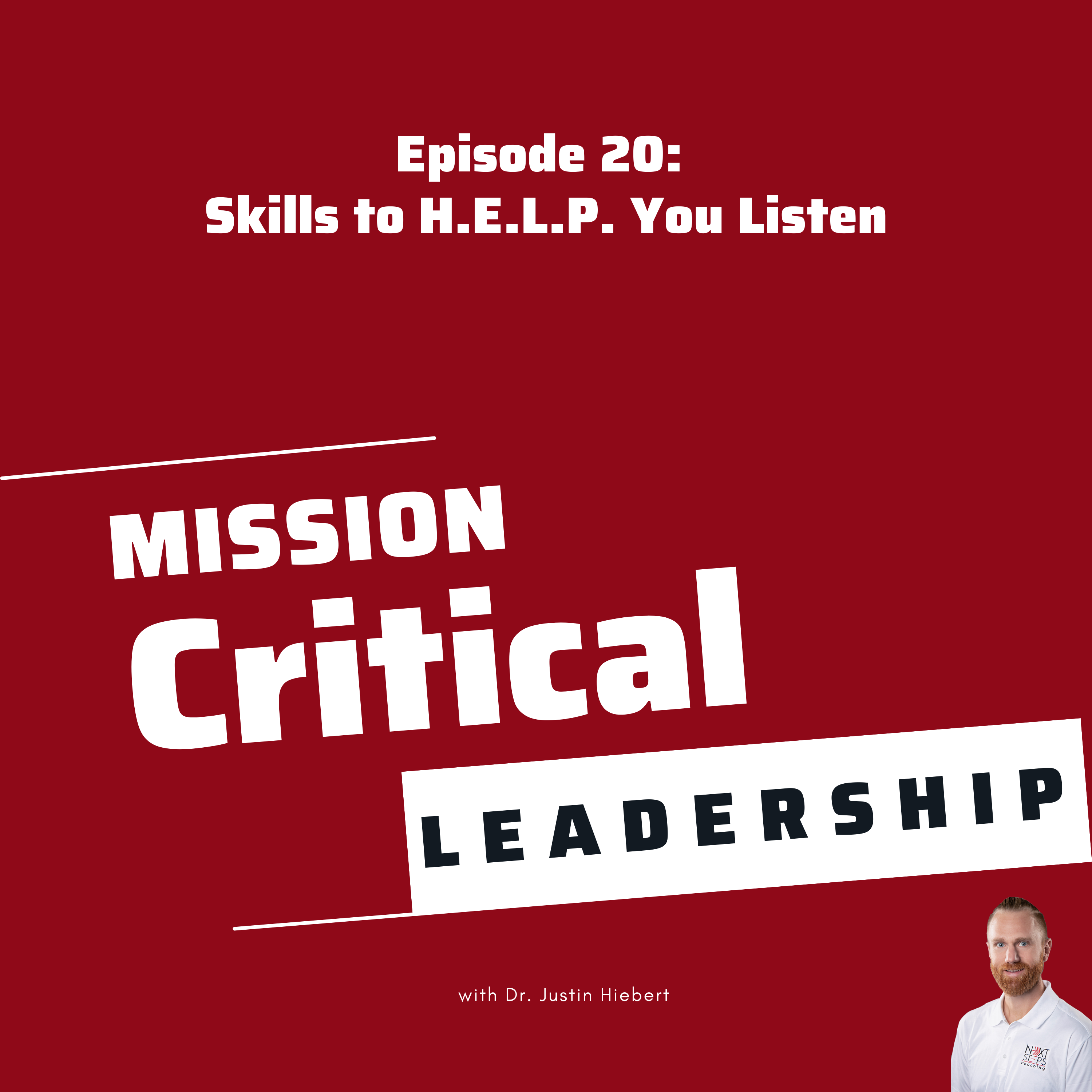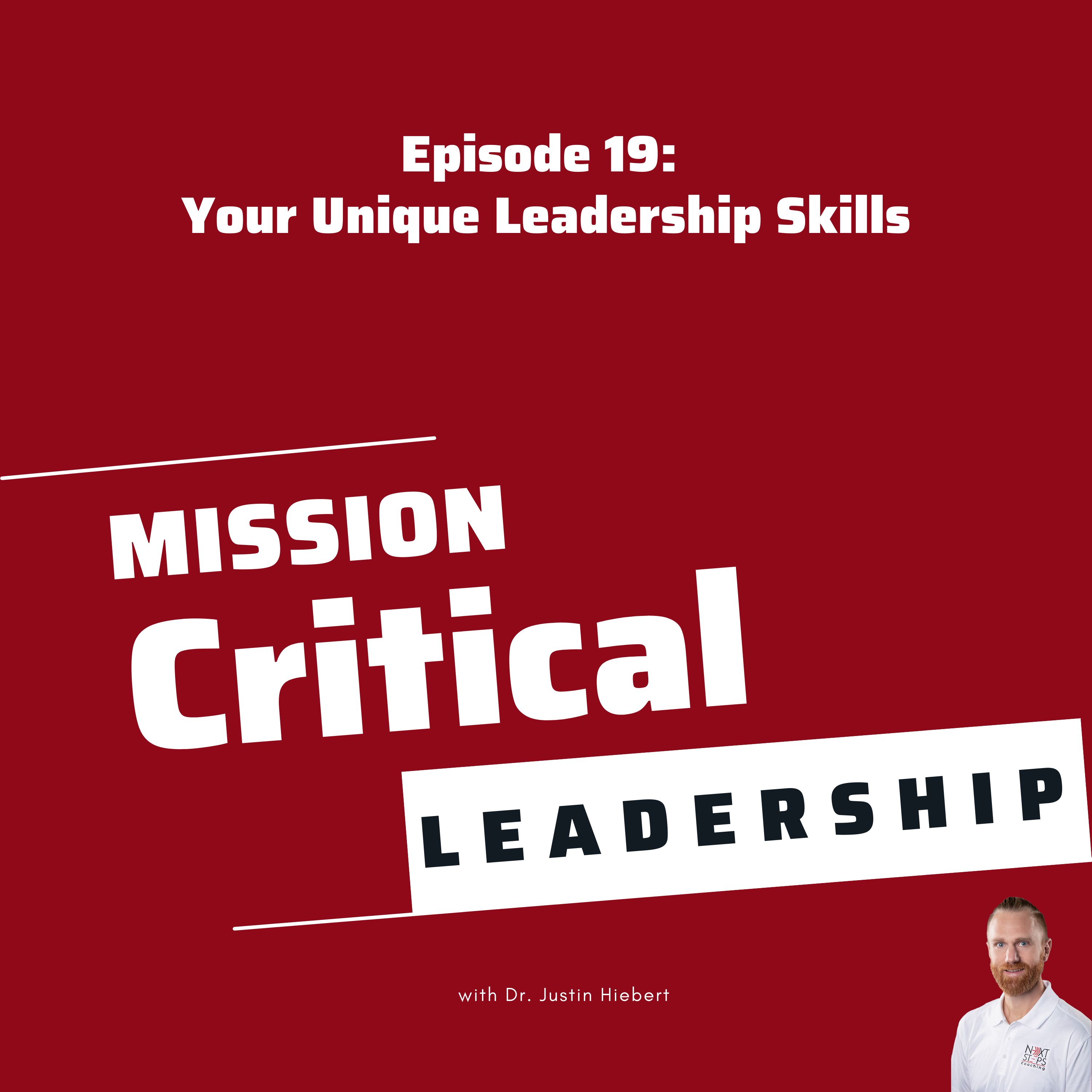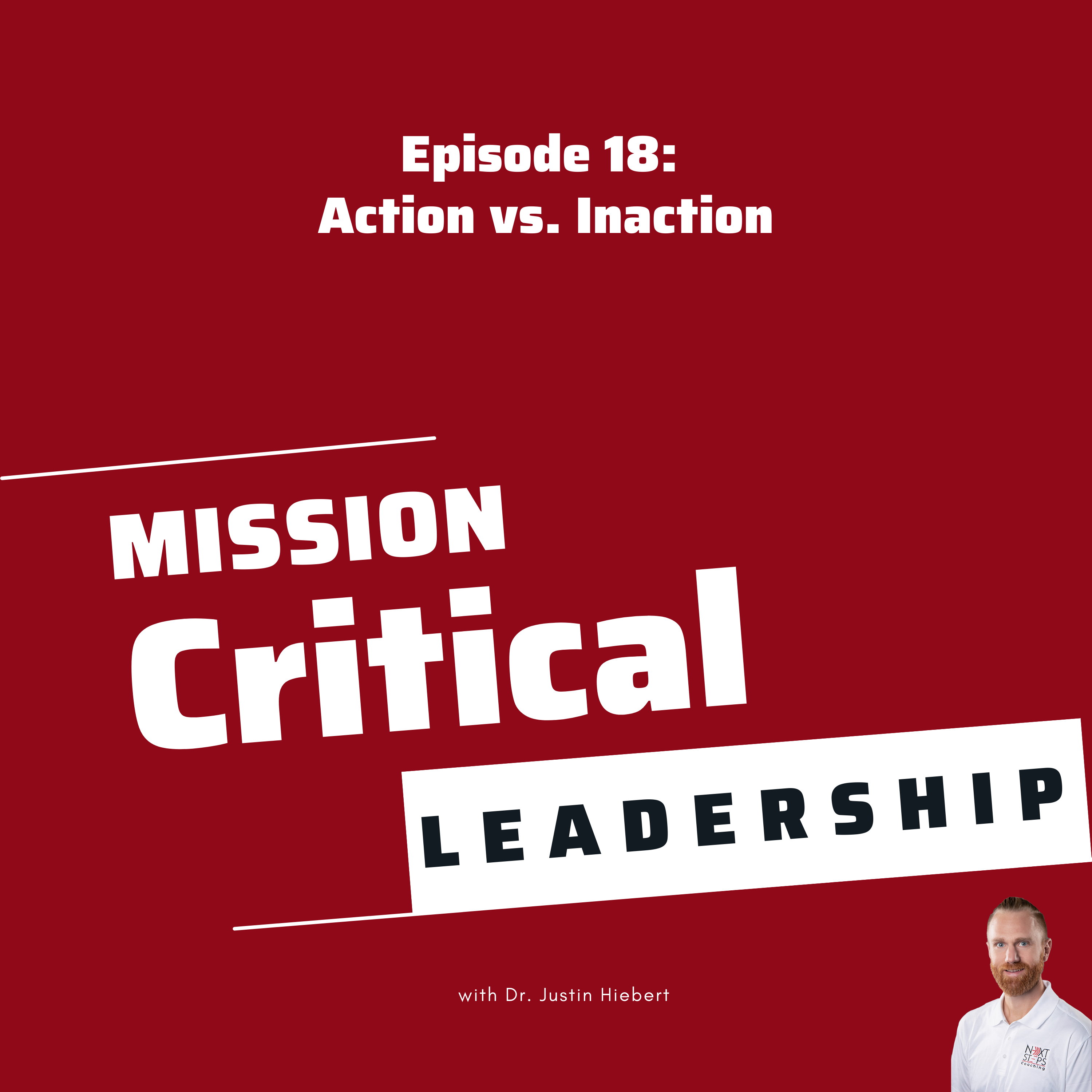In this episode of the Mission-Critical Leadership podcast, I’ll give you three tips to get unstuck.
Let’s be honest, being stuck sucks.
And yet, despite our best efforts, we can all end up there.
We have a good plan.

The goals are clear (and smart)
People have been recruited to the right position.
And we still don’t take action
Why?
The Rosecrans principle
William Rosecrans was a Civil War general. Everyone believed him to be the man, yet chances are, you’ve never heard of him.
So what happened?
Nothing.
And that’s the problem.
Rosecrans, known for taking care of his troops and creating great plans, never acted on any of it.
Paralyzed by fear, he was unable to experience any victory.
Instead of experiencing success (and fame), he is largely forgotten in history.
How can you avoid the same fate?
Three Tips To Get Unstuck
Here are three tips to get unstuck on your goals and plans.
1.) Incremental Growth.
Success rarely comes in big chunks, instead, it is through small, incremental growth steps that lead to breakthroughs. Make small progress every day.
2.) Failure is not final
Rather, failure is the only pathway to success. Failure is not something to be avoided. Instead, it is something embraced and a necessary path of learning.
3.) Know your “why.”
Knowing your why is always more important than how. Keep focused on the big things that really matter, and trust that you can figure out the how.
—–
Dr. Justin Hiebert works with mission-critical leaders to accomplish the unimaginable. Justin knows that no leader needs more things to do, so he works with his clients to get the right things done. His clients rise above burnout, captivate their teams, and transform their communities. By engaging their hearts and minds, his clients unlock their full potential to be, do, and have it all. This affords them the ability to leave a legacy of influence and impact on the world. He is a husband, father, teacher, learner, and champion of joy. He resides in Bakersfield with his wife, four kids, two cats, and one dog. In his free time, he loves exercising, riding motorcycles, and doing anything outdoors.
Podcast: Play in new window | Download
Subscribe: RSS







